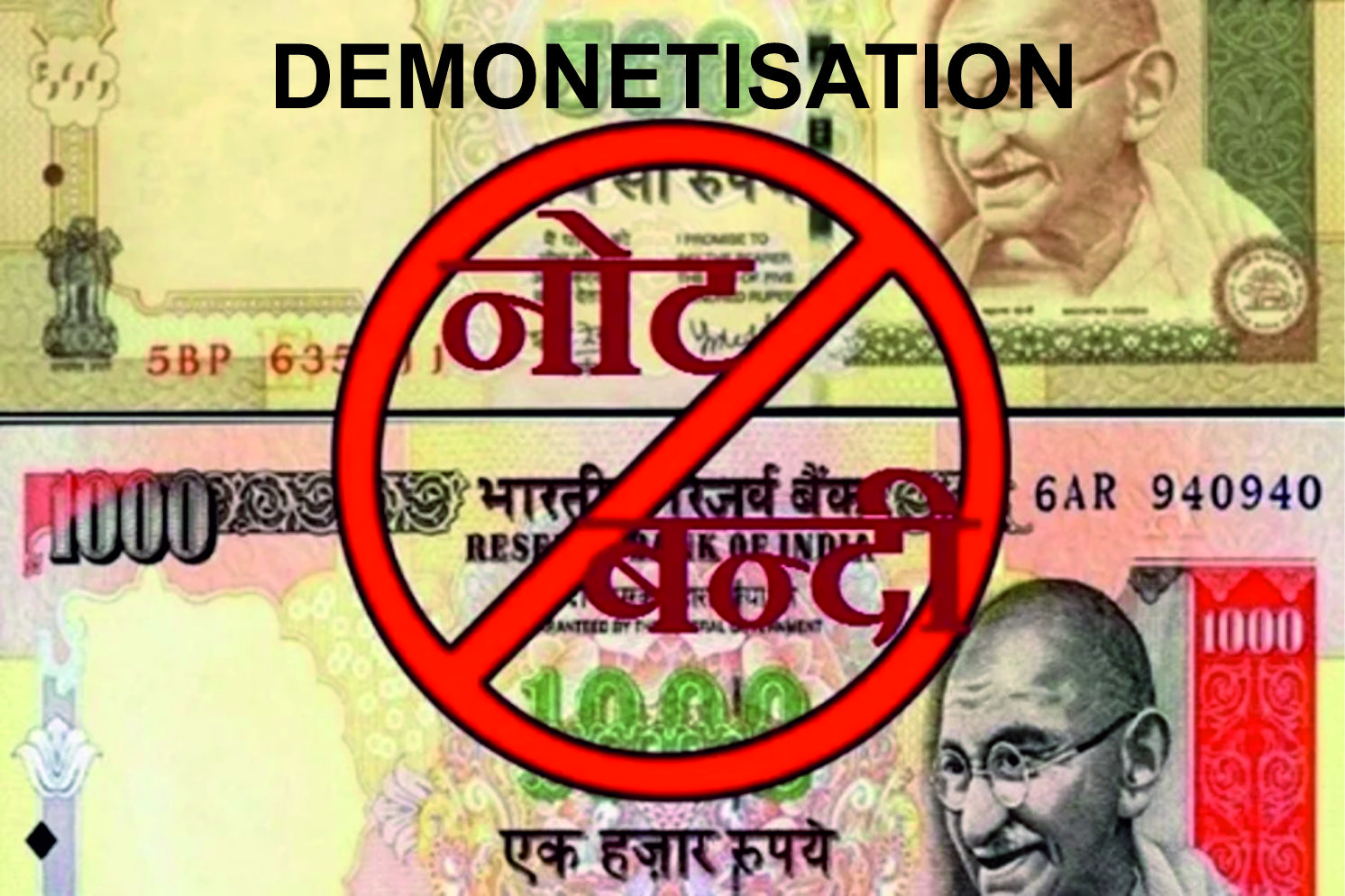AI in the Indian Pharmaceutical Industry: Real-World Applications and Impact

Artificial Intelligence (AI) is revolutionizing the pharmaceutical industry worldwide — and India is no exception. From accelerating drug discovery to optimizing manufacturing processes and improving clinical trials, AI-powered technologies are helping Indian pharma companies and startups leapfrog traditional barriers. This article explores seven key examples of how AI is actively shaping the pharmaceutical landscape in India today.
1. TCS (Tata Consultancy Services) – Transforming Clinical Trials with AI
TCS has developed the TCS ADD™ (Advanced Drug Development) suite, an AI-driven platform designed to support the entire clinical trial lifecycle. Using machine learning and natural language processing (NLP), TCS ADD™ analyzes patient data, trial protocols, and historical trends to optimize patient recruitment, site selection, and risk monitoring.
By speeding up recruitment and enhancing regulatory compliance, TCS ADD™ has helped Indian pharma companies reduce clinical trial timelines by approximately 30%. Its adoption across Indian Contract Research Organizations (CROs) highlights the growing confidence in AI-assisted drug development.
2. Glenmark Pharmaceuticals – AI-Powered Formulation Research & Development
Glenmark Pharmaceuticals leverages AI to simulate drug-excipient interactions and predict bioavailability, especially for complex generics and specialty formulations. This predictive analytics approach reduces the need for numerous physical lab trials by allowing scientists to virtually test formulation properties and optimize release profiles.
The result is a reduction of 3 to 6 months in formulation development cycles — a significant competitive advantage in bringing affordable generics to market faster.
3. AstraZeneca India – Precision Oncology with AI
At its Bengaluru Global Technology Centre, AstraZeneca uses AI combined with genomic data and machine learning models to study cancer in Indian patients. By analyzing patterns in genomics, medical records, and imaging data, AstraZeneca identifies biomarkers and drug targets tailored to India’s unique genetic diversity.
This AI-driven approach enables personalized cancer therapies, improving treatment outcomes and accelerating global oncology research through its India hub.
4. Cipla – Optimizing Manufacturing with Predictive AI
Cipla has integrated AI and IoT analytics into its manufacturing processes to monitor equipment and production lines in real time. Predictive maintenance algorithms anticipate equipment failures and batch deviations, preventing costly downtimes and improving overall batch consistency.
This digital transformation has enhanced Cipla’s manufacturing efficiency, reducing rejected batches and increasing overall equipment effectiveness (OEE).
5. Aragen Life Sciences – AI-Enhanced Contract Research & Development
As a leading Contract Research and Manufacturing Organization (CRMO), Aragen Life Sciences incorporates AI into lead optimization, quantitative structure-activity relationship (QSAR) modeling, and predictive toxicology. Their AI platforms expedite molecule screening, ADMET profiling, and early candidate selection.
By reducing lead identification time by 25–40%, Aragen helps biotechs and pharma companies worldwide accelerate their drug development pipelines affordably through Indian R&D capabilities.
6. Reagene Biosciences – AI for Drug Repurposing and Discovery
Reagene Biosciences, based in Bengaluru, utilizes AI-driven molecular screening to rapidly identify antiviral candidates and repurpose existing drugs. Their AI models proved especially valuable during the COVID-19 pandemic, identifying promising molecules within weeks — a process that traditionally takes months or years.
Their work exemplifies how Indian biotech startups harness AI to innovate rapidly and contribute to public health challenges.
7. Swasth Alliance and Indian AI Startups – Supporting Pharma Supply Chains During Crises
During the COVID-19 crisis, public health alliances and AI startups like Qure.ai and Tricog collaborated with pharmaceutical companies and NGOs. Using predictive modeling and AI-based imaging tools, they forecasted outbreak hotspots and optimized drug and oxygen supply logistics.
This AI-assisted approach balanced demand and supply efficiently during critical shortages, showcasing the power of AI beyond research — in real-world public health management.
Conclusion
India’s pharmaceutical industry is embracing AI across multiple domains, from drug discovery and formulation to manufacturing and supply chain management. This adoption is driven by global MNC R&D hubs, innovative startups, and established Indian pharma companies alike.
With increasing investments in AI infrastructure and favorable regulatory changes, Indian pharma is well-positioned to become a regional AI innovation hub — ultimately benefiting patients through faster, safer, and more affordable medicines.



 339
339

 The BharatBiz
The BharatBiz
 16
16

